5 Stocks That Should Start Paying Dividends
Investors tend to be drawn to hot technology and biotechnology stocks for their growth prospects – not for the cash they return to shareholders.

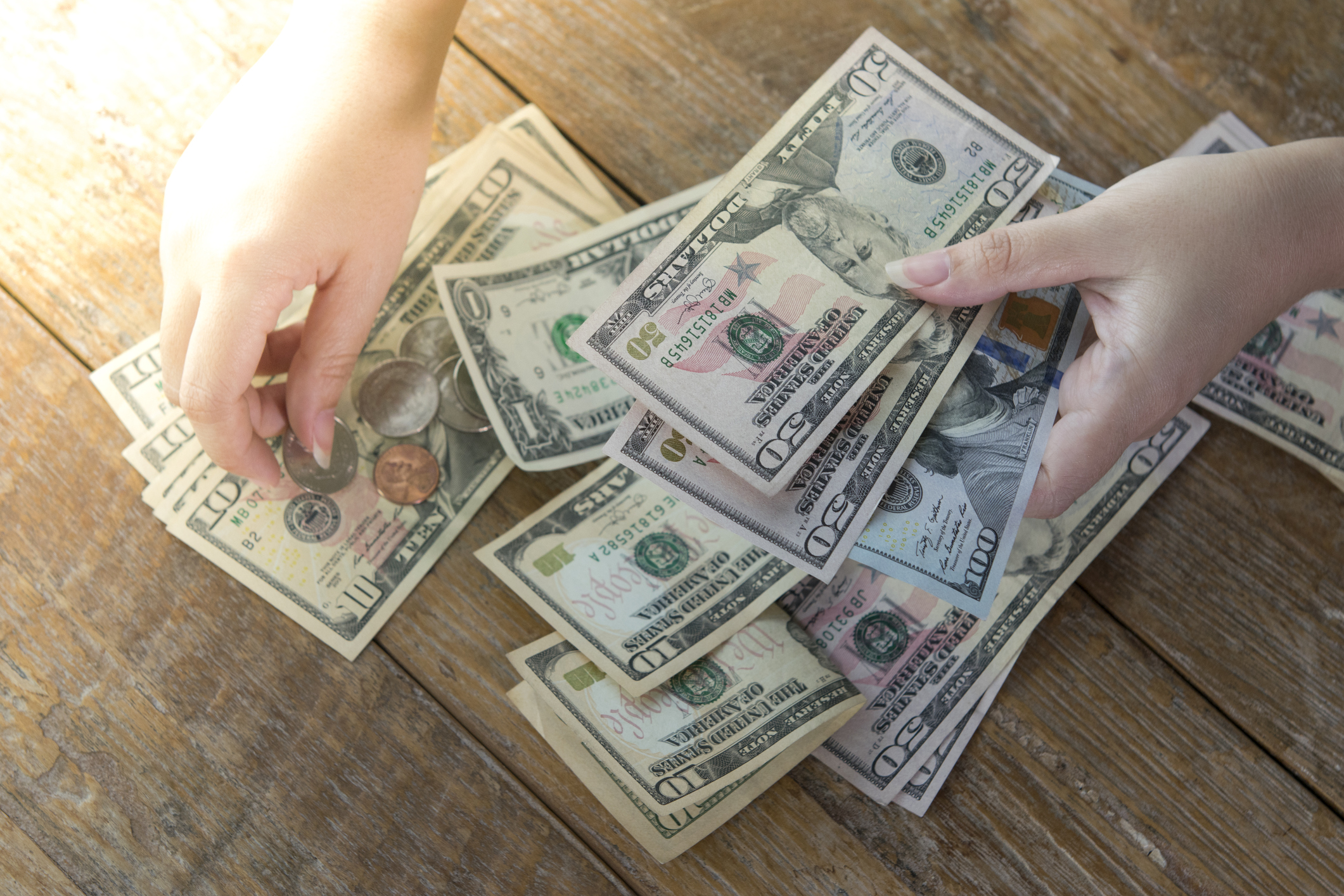
Profit and prosper with the best of Kiplinger's advice on investing, taxes, retirement, personal finance and much more. Delivered daily. Enter your email in the box and click Sign Me Up.
You are now subscribed
Your newsletter sign-up was successful
Want to add more newsletters?

Delivered daily
Kiplinger Today
Profit and prosper with the best of Kiplinger's advice on investing, taxes, retirement, personal finance and much more delivered daily. Smart money moves start here.

Sent five days a week
Kiplinger A Step Ahead
Get practical help to make better financial decisions in your everyday life, from spending to savings on top deals.

Delivered daily
Kiplinger Closing Bell
Get today's biggest financial and investing headlines delivered to your inbox every day the U.S. stock market is open.

Sent twice a week
Kiplinger Adviser Intel
Financial pros across the country share best practices and fresh tactics to preserve and grow your wealth.

Delivered weekly
Kiplinger Tax Tips
Trim your federal and state tax bills with practical tax-planning and tax-cutting strategies.

Sent twice a week
Kiplinger Retirement Tips
Your twice-a-week guide to planning and enjoying a financially secure and richly rewarding retirement

Sent bimonthly.
Kiplinger Adviser Angle
Insights for advisers, wealth managers and other financial professionals.

Sent twice a week
Kiplinger Investing Weekly
Your twice-a-week roundup of promising stocks, funds, companies and industries you should consider, ones you should avoid, and why.

Sent weekly for six weeks
Kiplinger Invest for Retirement
Your step-by-step six-part series on how to invest for retirement, from devising a successful strategy to exactly which investments to choose.
Investors tend to be drawn to hot technology and biotechnology stocks for their growth prospects – not for the cash they return to shareholders. But several well-known tech and biotech stocks could afford to invest in their businesses, buy back their shares and pay dividends, if only they chose to.
When it comes to returning cash to shareholders, corporate management often prefers stock buybacks to dividends because it gives them flexibility. A company can adjust its share repurchases according to business and market conditions. A dividend is a commitment. The market often exacts severe and swift revenge if a company cuts or suspends its payout.
The initiation of a dividend can also be taken as a sign that a company or stock’s best days are behind it. A quick look at Apple’s (AAPL) performance shows that’s not necessarily the case. The company reinstated its dividend in 2012 after a 17-year hiatus. Between price appreciation and payouts, Apple stock has delivered a total return of about 170% since March 2012, when it announced plans to reinstate its dividend later that year – the Standard & Poor’s 500-stock index is up about 130% over the same span, including dividends.
The following five stocks don't yet offer dividends, but they should ... and could. Each has the cash-generation ability to start a regular payout without giving up on share repurchases and investments in future growth.
Data is as of Aug. 3, 2018. Companies are listed in alphabetical order. Analysts’ ratings provided by Zacks Investment Research.
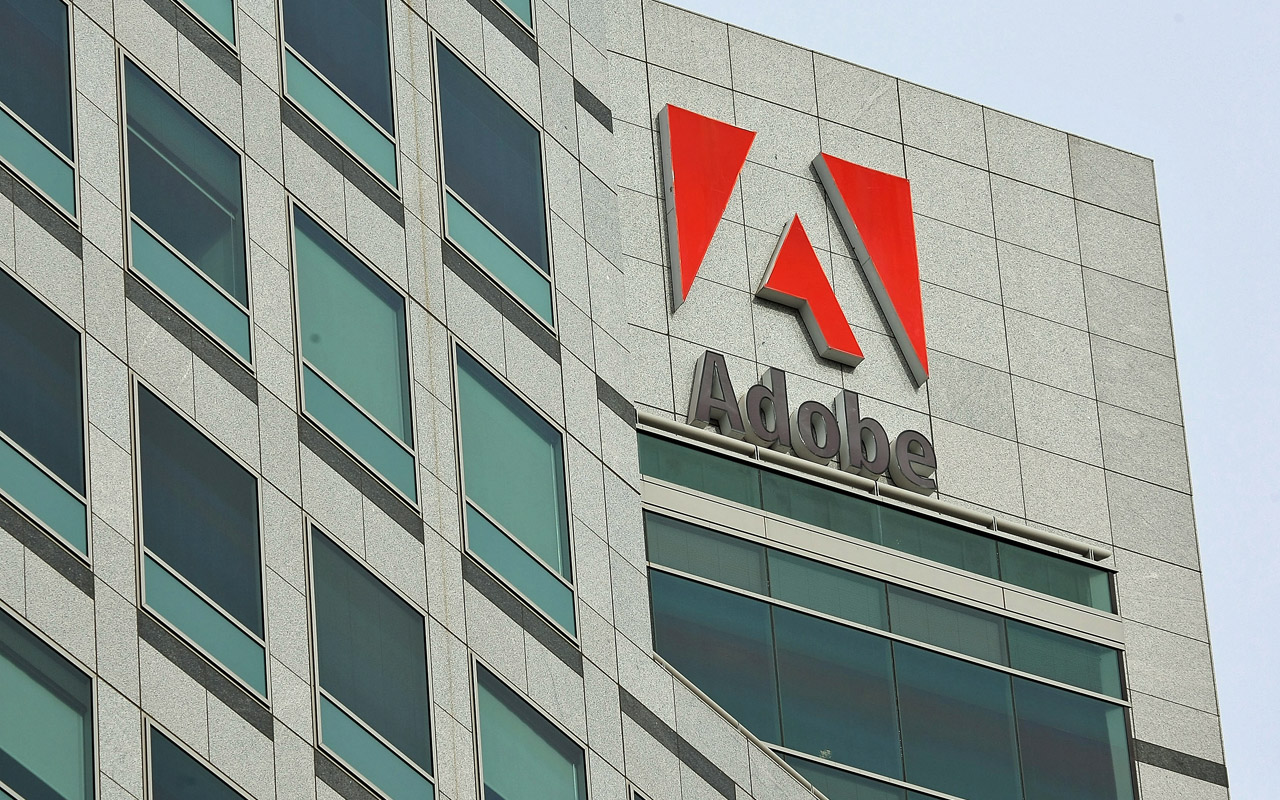
Adobe Systems
- Market value: $124 billion
- Analysts’ opinion: 15 strong buy, 1 buy, 7 hold, 0 sell, 0 strong sell
- Adobe Systems (ADBE, $253.28) has long been dominant in its niche of providing software for designers and other creative types. Photoshop, Premiere Pro for video editing and Dreamweaver for website design are just some of its hit products, and its shift to delivering them through cloud-based subscription services is generating tremendous growth.
Revenue is forecast to rise 22% this year and 19% next year, according to a survey of analysts by Thomson Reuters. Earnings are expected to increase at an average annual clip of 24% for the next half-decade.
Investors aren’t clamoring for a dividend with that sort of torrid growth on the horizon. And it’s not like Adobe isn’t returning cash to shareholders already. It spent $1.6 billion on stock buybacks over the 12 months ended June 1, according to S&P Global Market Intelligence.But it could afford to give them more.
Even after share repurchases and interest payments on debt, Adobe generated free cash flow – the mother’s milk of dividends – of $2.6 billion during the 12 months ended June 1.
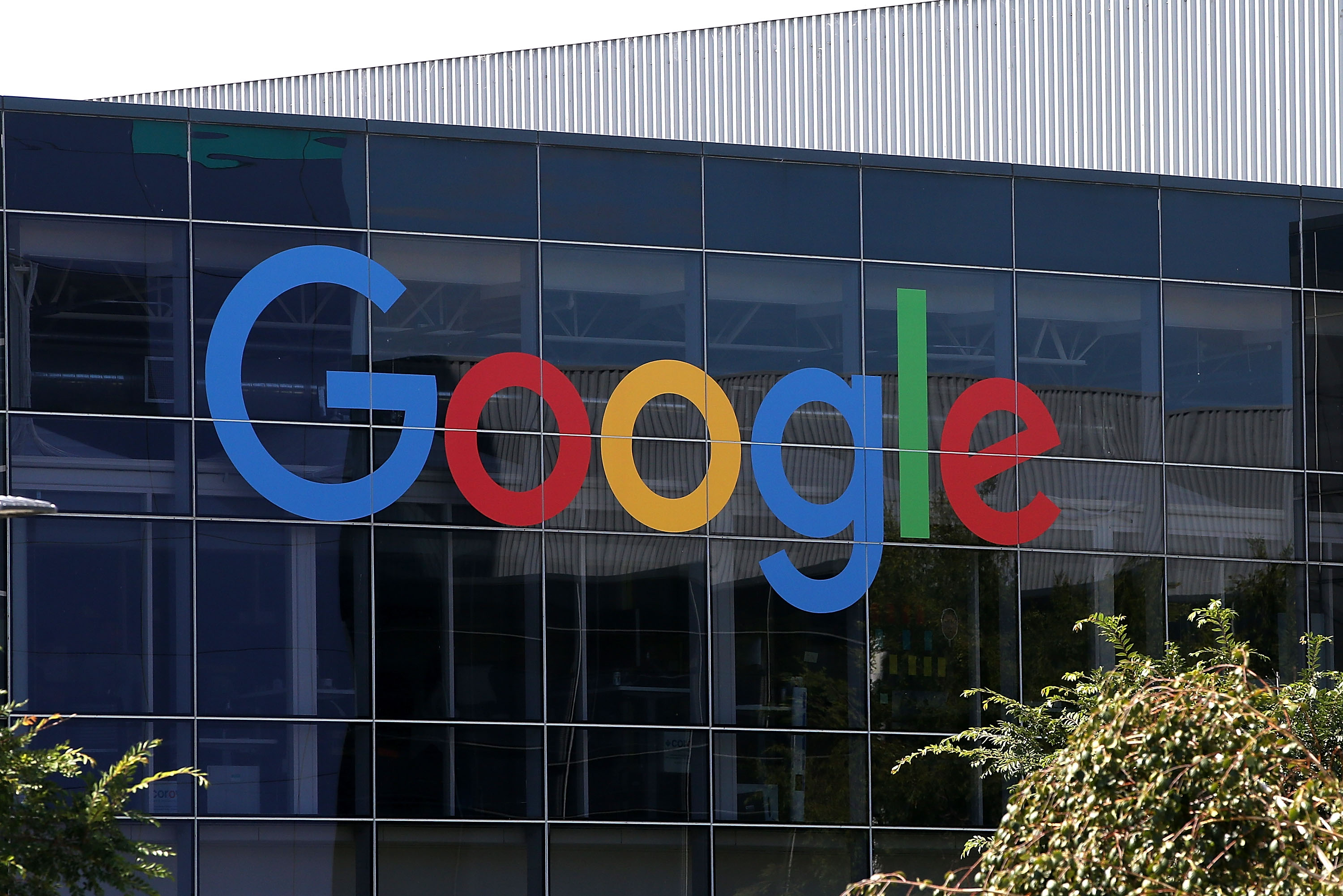
Alphabet
- Market value: $861.4 billion
- Analysts’ opinion: 24 strong buy, 4 buy, 2 hold, 0 sell, 0 strong sell
- Alphabet (GOOGL, $1,238.16), the corporate parent of Google, is another technology giant with such outsize growth prospects that it can get away with not paying a dividend.
But the fact remains that it easily could – even after European regulators hit it with a record $5 billion antitrust fine.
The search giant’s revenue is forecast to increase 23% this year and 19% next year, according to Thomson Reuters data. Earnings are expected to increase at an average annual rate of 18% for the next five years.
Alphabet is plowing investments into the next big things. It has artificial intelligence, machine learning and virtual reality in its sights, and it’s already a major player in cloud-based services. But it’s still swimming in cash.
The company had $102 billion in cash and short-term investments as of June 30 and just $3.9 billion in long-term debt, according to S&P Global Market Intelligence. Alphabet bought back $6.3 billion of its own shares over the 12 months ended June 30, and still generated $22 billion in free cash flow, so it clearly has the financial means to initiate a dividend without risking its R&D.

Biogen
- Market value: $69.0 billion
- Analysts’ opinion: 17 strong buy, 1 buy, 7 hold, 0 sell, 0 strong sell
It might be time for Biogen (BIIB, $344.21) to start paying a dividend.
It wouldn’t be the first big biotechnology stock with slower growth prospects to do so. After all, peers such as Amgen (AMGN) and Gilead Sciences (GILD) pay dividends with yields of 2.7% and 2.9%, respectively.
A dividend also could help smooth out some of the volatility that BIIB investors have had to deal with. Mixed results from a mid-stage clinical trial of Biogen’s promising Alzheimer’s drug made July a month to remember. Biogen rose more than 30% between June 29 and July 25 … but the stock is down by double digits ever since.
Expected top-line growth isn’t as explosive as Alphabet and Adobe, at just 7% this year and 3% next year. Annual long-term earnings growth is promising, though, at nearly 8% for BIIB, according to Thomson Reuters.
Biogen bought back $3 billion of its own stock over the 12 months ended June 30, while generating $3.9 billion in free cash flow even after paying interest on debt. Biogen certainly can afford to return more cash to shareholders.

Booking Holdings
- Market value: $98.4 billion
- Analysts’ opinion: 15 strong buy, 4 buy, 8 hold, 0 sell, 0 strong sell
- Booking Holdings (BKNG, $2,029.71), the online travel website operator formerly known as Priceline.com, has sturdy growth prospects, but it’s not like they’re accelerating anymore.
Analysts expect earnings to increase at an average annual rate of 14.7% for the next five years. That compares with average annual earnings growth of 15.6% over the past five years – in other words, good, but slowing down. Revenue is forecast to rise 19% this year and 12% in 2019.
Booking’s strategy of growth through acquisitions and investments hasn’t precluded it from buying back its own stock – or generating ample free cash flow. The company repurchased $2.3 billion in BKNG shares in the 12 months ended March 31. It also generated $3.4 billion in free cash flow after paying interest on debt.
Booking’s shareholders aren’t clamoring for a dividend, but it absolutely could afford to initiate one. That would ensure a little extra total return and perhaps tamp down what historically has been a relatively volatile stock.
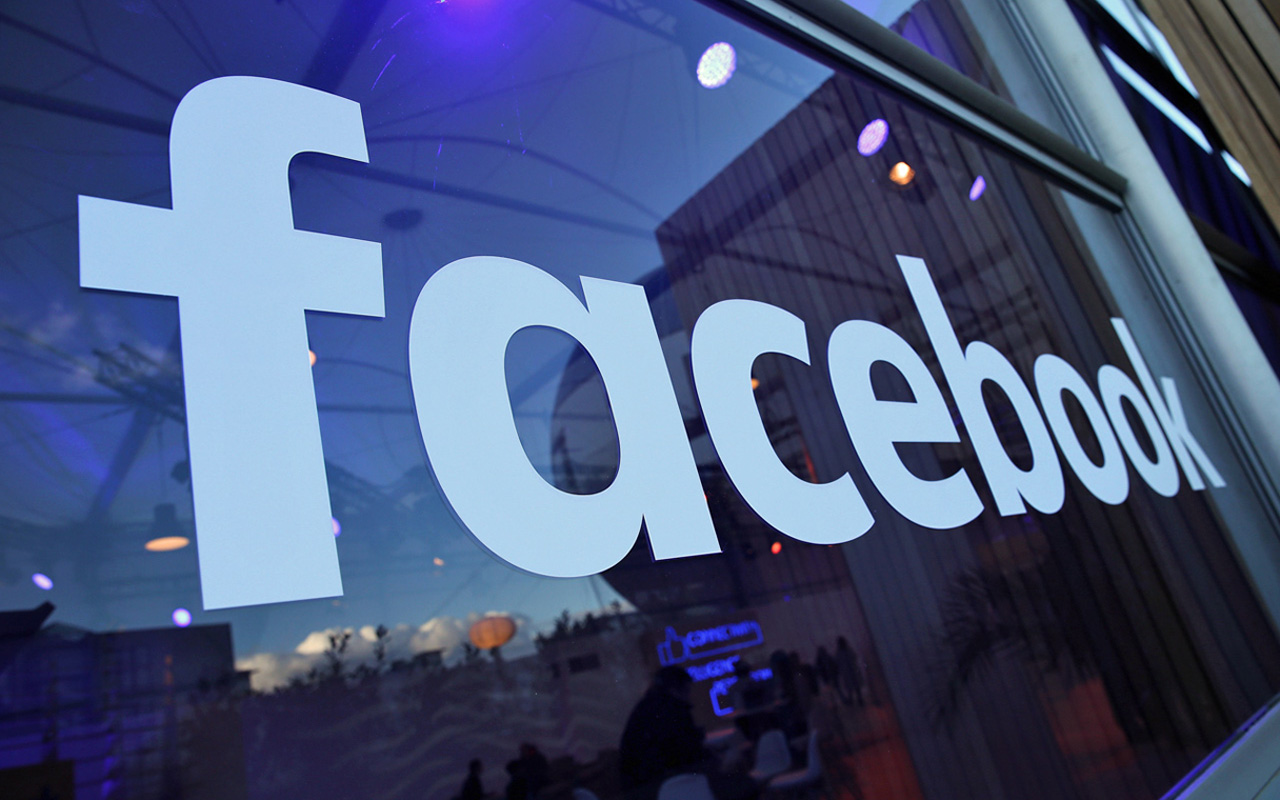
- Market value: $515.9 billion
- Analysts’ opinion: 25 strong buy, 3 buy, 2 hold, 0 sell, 0 strong sell
- Facebook (FB, $177.78) set a record for the most market value wiped out in a single trading session when the stock lost 19%, or $120 billion, on July 26. That came on fears that it has entered a new era of slower revenue growth and narrower profit margins. Shares have drifted lower ever since.
Earnings that have grown at an average annual rate of 64% for the past five years are now expected to rise “only” 21% a year for the next half-decade. Revenue is forecast to increase 37% this year, but “just” 25% next year.
If Facebook’s days of outrageous growth (relatively speaking) really are over, one thing it could do to sweeten the pot for its stock is to start paying a dividend. It has more than enough firepower to do so and still pour resources into acquisitions, research and development.
Facebook had $42.3 billion in cash and short-term investments as of June 30 – and no long-term debt against it. It bought back $6.7 billion of its own stock during the 12 months ended June 30, while generating $11.3 billion in free cash flow. Returning some more of that cash to shareholders could go a long way toward rebuilding faith in Facebook stock.
Profit and prosper with the best of Kiplinger's advice on investing, taxes, retirement, personal finance and much more. Delivered daily. Enter your email in the box and click Sign Me Up.

Dan Burrows is Kiplinger's senior investing writer, having joined the publication full time in 2016.
A long-time financial journalist, Dan is a veteran of MarketWatch, CBS MoneyWatch, SmartMoney, InvestorPlace, DailyFinance and other tier 1 national publications. He has written for The Wall Street Journal, Bloomberg and Consumer Reports and his stories have appeared in the New York Daily News, the San Jose Mercury News and Investor's Business Daily, among many other outlets. As a senior writer at AOL's DailyFinance, Dan reported market news from the floor of the New York Stock Exchange.
Once upon a time – before his days as a financial reporter and assistant financial editor at legendary fashion trade paper Women's Wear Daily – Dan worked for Spy magazine, scribbled away at Time Inc. and contributed to Maxim magazine back when lad mags were a thing. He's also written for Esquire magazine's Dubious Achievements Awards.
In his current role at Kiplinger, Dan writes about markets and macroeconomics.
Dan holds a bachelor's degree from Oberlin College and a master's degree from Columbia University.
Disclosure: Dan does not trade individual stocks or securities. He is eternally long the U.S equity market, primarily through tax-advantaged accounts.
-
 Over 65? Here's What the New $6K 'Senior Deduction' Means for Medicare IRMAA Costs
Over 65? Here's What the New $6K 'Senior Deduction' Means for Medicare IRMAA CostsTax Breaks A new deduction for people over age 65 has some thinking about Medicare premiums and MAGI strategy.
-
 U.S. Congress to End Emergency Tax Bill Over $6,000 Senior Deduction and Tip, Overtime Tax Breaks in D.C.
U.S. Congress to End Emergency Tax Bill Over $6,000 Senior Deduction and Tip, Overtime Tax Breaks in D.C.Tax Law Here's how taxpayers can amend their already-filed income tax returns amid a potentially looming legal battle on Capitol Hill.
-
 5 Investing Rules You Can Steal From Millennials
5 Investing Rules You Can Steal From MillennialsMillennials are reshaping the investing landscape. See how the tech-savvy generation is approaching capital markets – and the strategies you can take from them.
-
 AI Unwind Takes 2% Off the Nasdaq: Stock Market Today
AI Unwind Takes 2% Off the Nasdaq: Stock Market TodayMarkets are paying more and more attention to hyperscalers' plans to spend more and more money on artificial intelligence.
-
 Nasdaq Drops 172 Points on MSFT AI Spend: Stock Market Today
Nasdaq Drops 172 Points on MSFT AI Spend: Stock Market TodayMicrosoft, Meta Platforms and a mid-cap energy stock have a lot to say about the state of the AI revolution today.
-
 S&P 500 Tops 7,000, Fed Pauses Rate Cuts: Stock Market Today
S&P 500 Tops 7,000, Fed Pauses Rate Cuts: Stock Market TodayInvestors, traders and speculators will probably have to wait until after Jerome Powell steps down for the next Fed rate cut.
-
 S&P 500 Hits New High Before Big Tech Earnings, Fed: Stock Market Today
S&P 500 Hits New High Before Big Tech Earnings, Fed: Stock Market TodayThe tech-heavy Nasdaq also shone in Tuesday's session, while UnitedHealth dragged on the blue-chip Dow Jones Industrial Average.
-
 Dow Rises 313 Points to Begin a Big Week: Stock Market Today
Dow Rises 313 Points to Begin a Big Week: Stock Market TodayThe S&P 500 is within 50 points of crossing 7,000 for the first time, and Papa Dow is lurking just below its own new all-time high.
-
 Nasdaq Leads Ahead of Big Tech Earnings: Stock Market Today
Nasdaq Leads Ahead of Big Tech Earnings: Stock Market TodayPresident Donald Trump is making markets move based on personal and political as well as financial and economic priorities.
-
 11 Stock Picks Beyond the Magnificent 7
11 Stock Picks Beyond the Magnificent 7With my Mag-7-Plus strategy, you can own the mega caps individually or in ETFs and add in some smaller tech stocks to benefit from AI and other innovations.
-
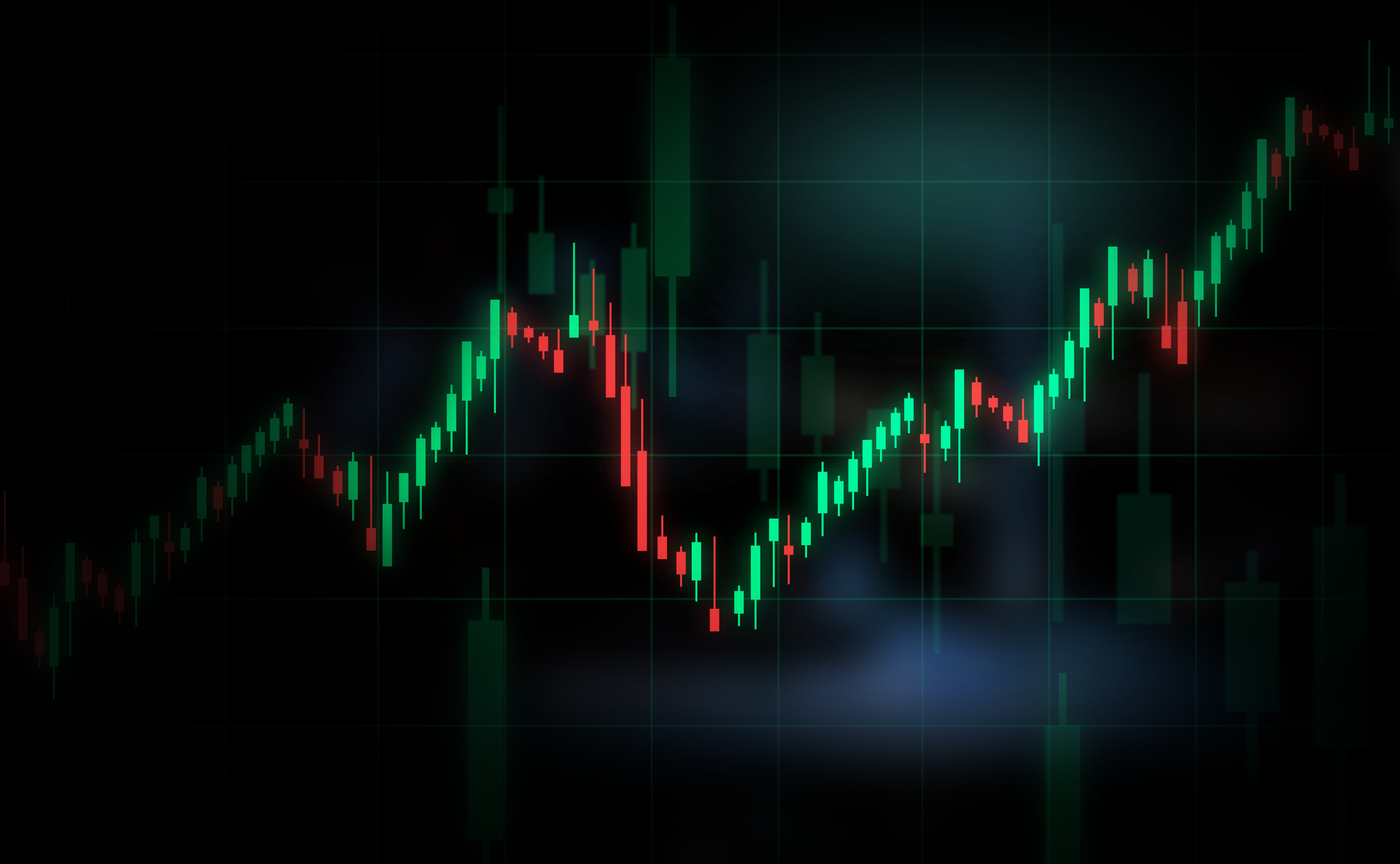 Nasdaq Adds 211 Points as Greenland Tensions Ease: Stock Market Today
Nasdaq Adds 211 Points as Greenland Tensions Ease: Stock Market TodayWall Street continues to cheer easing geopolitical tensions and President Trump's assurances that there will be no new tariffs on Europe.
